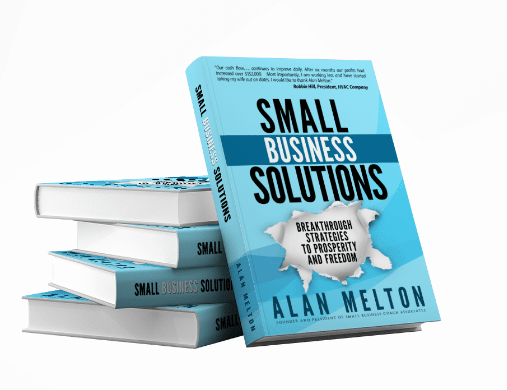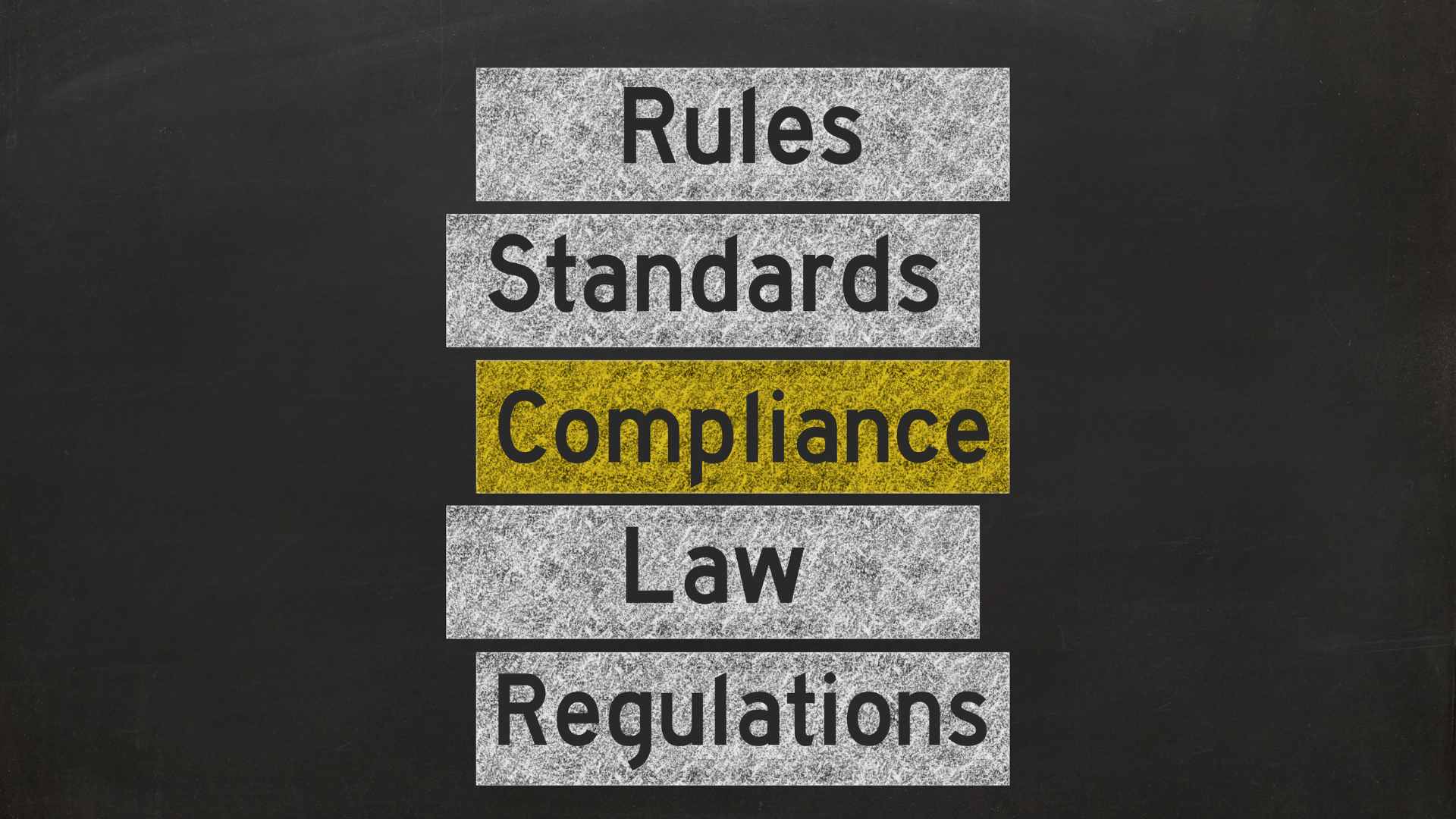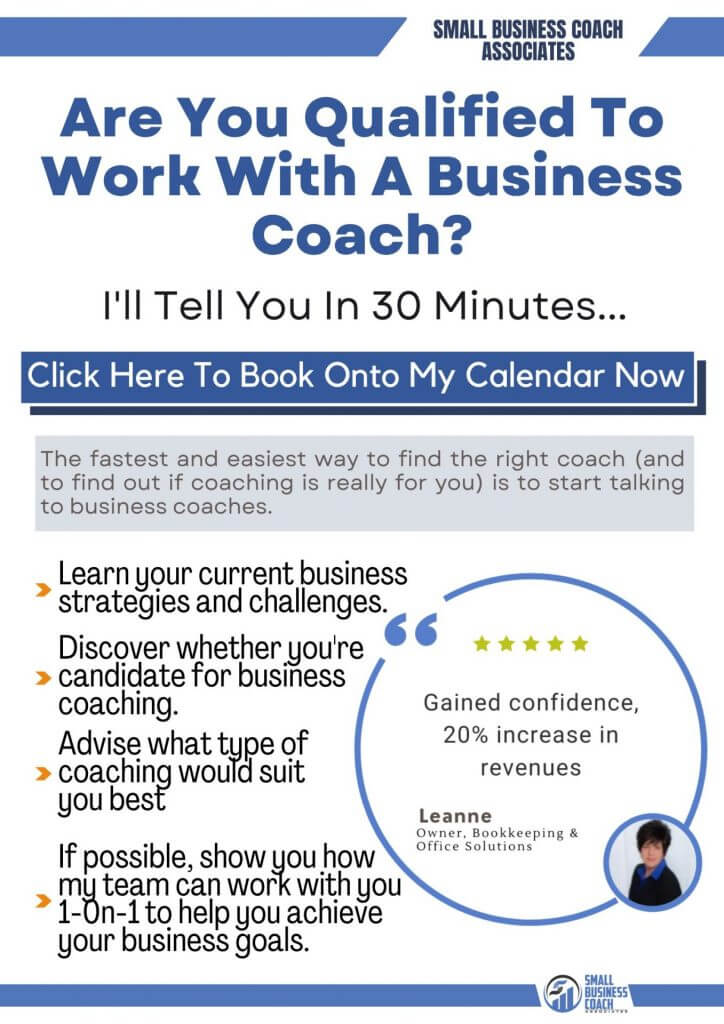VIEW BY TOPIC
- Finding Customers
- Business Systems
- Managing Employees
- Leadership
- Managing Money
Related Posts

Ready to Grow Your Business Fast?
Here’s How I Grew Five Businesses, and Eventually Sold One to a Fortune 500 Company.

Employees who feel aimless in their roles may experience other emotions, too, ranging from apathy to stress. Often, they will need some measure of guidance to help them be grounded and purposeful.
Despite a race for talent being underway, securing the best person for a job is just the beginning of a long and fruitful journey. It is one thing to spot a potential employee’s potential and another to help them hone it while they are in the role. Their talent must lead to somewhere exciting, both for their sake and yours.
New employees will undoubtedly turn to senior staff for support. In providing it, you are helping workers feel a sense of momentum and purpose when developing their skillset. It can keep them satisfied professionally, help them feel seen and valued, and may help your firm’s turnover rates remain as low as possible.
Of course, great execution of these practices is required, not just good intentions. Here is how to build trust when you are trying to guide workers yourself.
Share Your Own Learning Experiences
Workers may be more willing to be guided by someone who actively broadens their own horizons and knowledge. A learning culture can be established if you’re willing to set an example.
Take a look at the Harvard Online short courses on offer. If you’re looking for a course that will enhance your skills in the modern workplace, then consider focusing on technology and trending topics such as cybersecurity. Take note of their offerings around Cybersecurity, ensuring you are prepared for the latest threats that could compromise your firm’s digital infrastructure. Students can access knowledge from within Harvard and beyond with these courses without radically overhauling their schedules.
You could talk about the positive experiences you have while exploring your passions and interests. What motivated and inspired you to enrol for an online course? How did you benefit? Have you opened up any further career and learning opportunities for yourself? Sharing the answers to these questions could invigorate and inspire your workforce.
There is also the case that extra learning, in any capacity, will make you someone worth listening to. It speaks volumes about the extent of your initiative and indicates that you are willing to set your ego aside and be guided by others. Your advice will be credible, and people will trust that you are guiding them from an informed position.

Establishing Mentoring Dynamics
The presence of a reliable mentor figure is always keenly felt. Even when the mentor is unavailable, the mentee can always ask themselves, ‘what would my mentor do?’ when trying to solve any problem. That influence and energy are instrumental in providing long-term guidance.
Questions can be asked at any time. Rapports can be built upon at a faster pace, too. Instead of feeling like they are heading to a mandatory meeting with a career advisor in high school, workers will enthusiastically schedule time with their mentor and get to know them both personally and professionally. A true meeting of minds can occur here.
External coaching services are useful for accessing alternate points of view and specialist knowledge. Mentors are still necessary, though, especially in an internal capacity, deepening the bond between workers. Newcomers can quickly be brought up to speed, learning how their specific workplace functions down to the details.
Research how to create a robust mentoring program and build something special. Ensure everybody involved has clear expectations and goals within it. You could also provide a mixture of one-on-one and group-based schemes too. Feedback with your employees to see what potential arrangements appeal to them most.
Stay True to a Schedule
Most employees will understand if their mentor figures get called away mid-conversation or need to reschedule their meeting. However, if a pattern starts to form, doubts may creep into their minds, and thoughts of superiors being unreliable may swirl.
Try to stay true to your commitments to guiding your employees. Schedule time with them, and use alerts and reminders on your technology to ensure that you address their questions on time. You should try to give your workers a healthy, uninterrupted window of your time.

Of course, this effort is about more than the quality of your guidance. Adhering to a clear schedule shows that you respect your employee’s time. It informs them that their career development is of true value to you and that other matters can wait while you address them. Guiding your employees will be a core part of the company culture and not some last-minute perk under these measures.
There may be times when pressing matters intrude on your meeting, and there’s no alternative but to reschedule. In those instances, being genuinely apologetic and promising to reschedule are important. Fulfill that promise, and you should still be able to build trust around the guidance you provide steadily.
Be Vulnerable
Many entrepreneurs are committed to developing a hardened persona. They may think it is important to act the part of a stoic leader rather than a real person with human concerns.
The guidance you provide may be much more digestible if delivered with empathy and thoughtfulness. Workers will relate to your feelings and trust your advice more if you can effortlessly put yourself in their shoes.
Sensitivity in business can be sorely needed, especially in an era where the pandemic is yet to go away fully. Guidance amounts to more than just bullet points in a staff handbook, and cold and calculating workplaces will always struggle to gain a foothold in nurturing their talent.
Try to develop your listening skills further. The old saying of ‘quality over quantity’ matters when it comes to guidance and the words you choose. Your workers need simple answers to complex problems, not an endless supply of inspirational speeches. By being vulnerable and taking your employees’ concerns to heart, you can more quickly and capably dissect their issues and provide a concise response that resonates with them.
Remember that trust is hard-earned. It is acquired most efficiently via overcoming adversity together and showcasing the extent of your loyalty. When workers feel like they can open up to you in a genuine capacity, trust in your guidance can be more keenly established.
Ask for Feedback
Offering guidance should not be a one-time gesture. It should be a process that is constantly refined.
Remember that asking for feedback is the key to success at every business level. Try to apply that frame of thought after you have offered guidance. Whether you have offered an informal piece of advice or contributed as part of a mentorship program, ask some follow-up questions. They can range from.
- Asking the employee if your advice helped much.
- Reflecting together on how much progress they’re making toward long-term goals.
- Examining whether they’re receiving a suitable amount of guidance for their needs.
- Inviting them to schedule a meeting where they can discuss notes in-depth.
The answers to these questions could always change over time. Moreover, it is also worth considering that you may need to tweak your approach from employee to employee. Many things about guiding employees are somewhat relative, so keep that in mind.
Showing that you are open to feedback highlights your commitment to being a guiding figure. So long as you act on the responses, you can significantly enhance the quality of support you provide to others.
Learning and mentoring are some of the best ways to establish trust in your guidance, and so too is being organized, vulnerable, and receptive to feedback.















